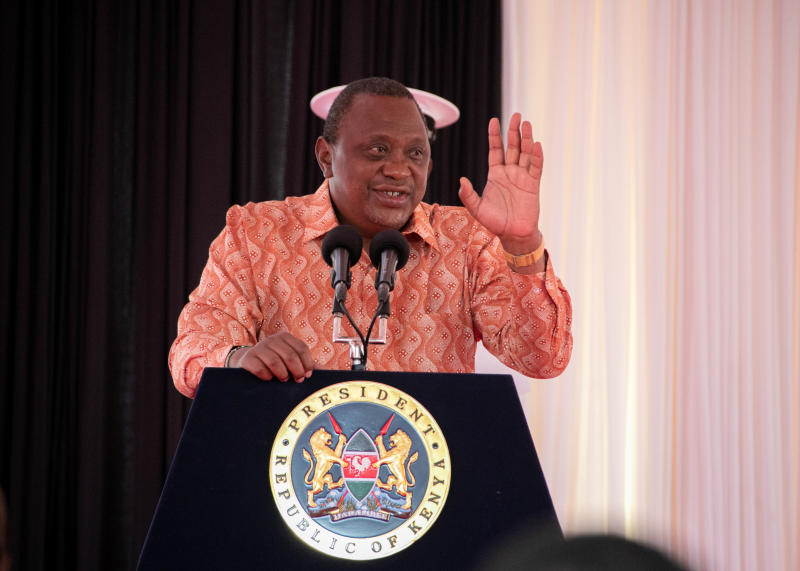×
The Standard e-Paper
Stay Informed, Even Offline

On June 10, the Cabinet Secretary for National Treasury Ukur Yatani will read his second Budget under the coronavirus pandemic.
The next 12 months of the budget cycle will be critical to President Uhuru Kenyatta whose political legacy has already been jolted by a shocking High Court ruling against the constitutional changes that he had spearheaded.